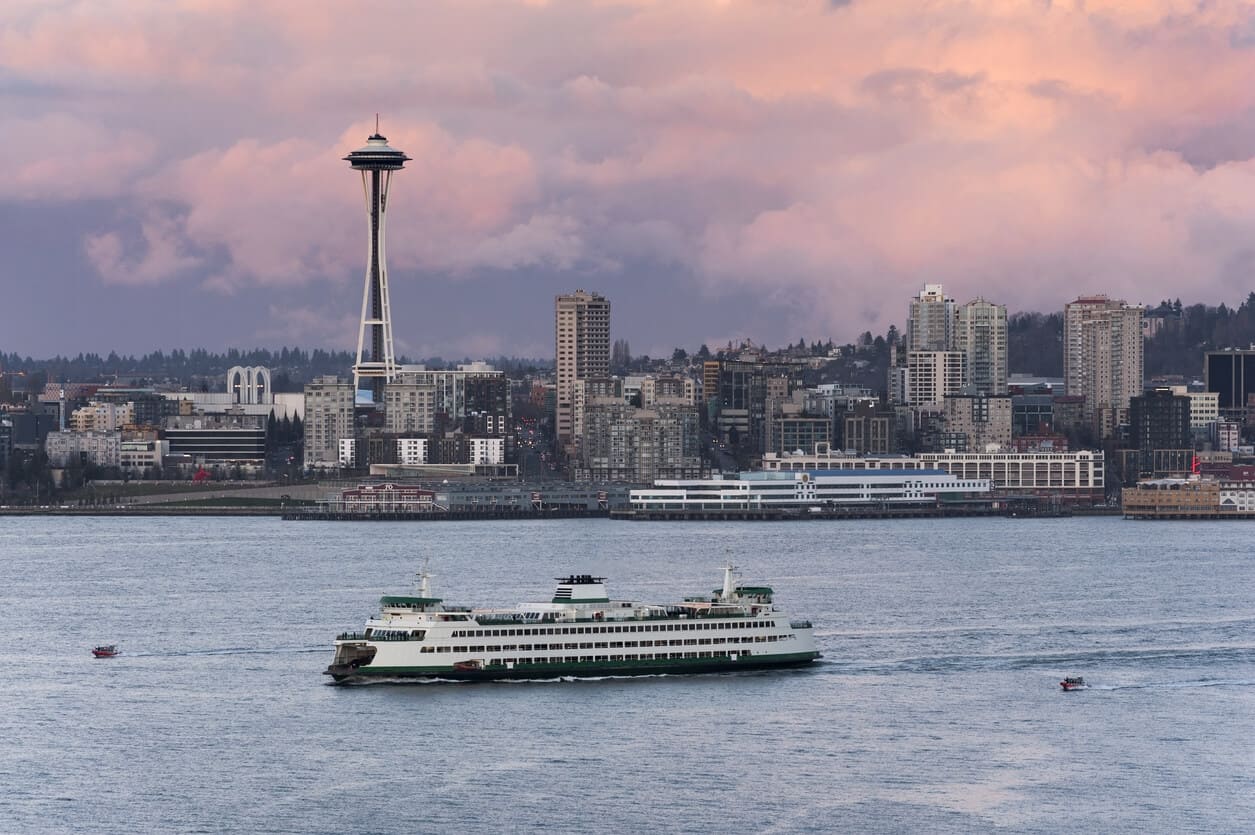
If you are new to making funeral arrangements, you may have questions about the laws and regulations regarding cremation. Each state has its own laws regarding the handling of human remains and funeral services. Here’s what you need to know about Washington cremation laws.
Washington law dictates who can permit cremation and order a death certificate.
Families may disagree on the method of disposition for a deceased loved one. That’s one reason there are regulations on who has the authority to sign off on cremation or burial.
The Washington State Department of Licensing website states that a licensed funeral establishment must follow this order when receiving permission to cremate:
- Deceased’s designated agent, as directed through a valid written document expressing their preferred method of final disposition
- surviving spouse or state-registered domestic partner
- majority of the surviving adult children
- surviving parents
- majority of your siblings
- court-appointed guardian
Similarly, only individuals or organizations with qualifying relationships to the deceased person can order a death certificate in Washington.
Here’s who can order a death certificate in Washington:
- the spouse or domestic partner, parent, stepparent, child, stepchild, sibling, grandparent, great-grandparent, grandchild, legal guardian, legal representative, or other next of kin of the deceased
- a funeral director or staff at a funeral establishment
- a government agency or court

There are few regulations on where you can scatter or store cremated remains.
If you are researching cremation in Washington, you probably have a question about funeral laws regarding the scattering of cremation ashes. However, Washington state law has little to say regarding where you can scatter cremated remains.
You can scatter ashes on private land with the permission of the landowner. (You can also store the remains within your private property.)
If you wish to scatter your loved one’s ashes on public land, you must ask for permission from a local authority – such as a county, state, or national government official.
Federal law dictates that you must be three nautical miles from shore when scattering ashes. Notably, scattering is permitted (with permission) from Washington state scheduled ferries. The scattering ceremony can be hailed during non-peak sailing times and if weather permits. Here is the form to request permission.
Federal aviation laws state that cremated remains can be scattered from the air – as long as they are removed from the container or urn before scattering.
Embalming human remains is not required in Washington.
Your funeral director may ask if you wish to embalm the deceased’s body. Many families who schedule a public viewing of the deceased may choose that the body is embalmed. However, it is not legally required.
Reduce funeral costs by choosing direct cremation.
Both funeral homes and cremation providers offer direct cremation services. Direct cremation occurs when the body is moved from where the death occurred to the crematorium. After the state-mandated waiting period and with authorization from a local health officer, the cremation will be performed. The cremated remains will be returned to the family member who authorized the cremation.
Smart Cremation Offers Compassionate, Affordable, End-of-Life Services
Washington residents who opt for cremation can complete preneed funeral contracts with Smart Cremation. We also offer immediate-need services if your family member dies unexpectedly. Contact us today to learn more. Our funeral directors on staff can also answer any questions about cremation laws and regulations in Washington state.
Key Takeaways about Making Funeral Arrangements in Washington
- There must be predeath or postdeath consent to cremate a body in Washington.
- Only authorized individuals (such as family members) and organizations can order a death certificate in Washington.
- There are few laws regarding scattering cremated remains in the State of Washington. However, you must be three nautical miles from shore to spread ashes at sea.
- Embalming is not typically required in Washington.
- Direct cremation is a low-cost, end-of-life service option.




